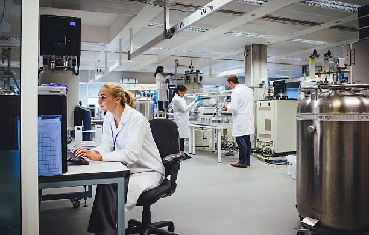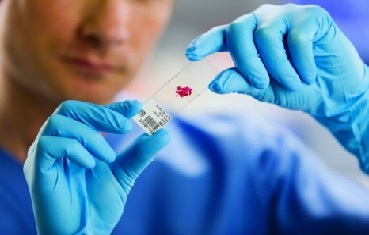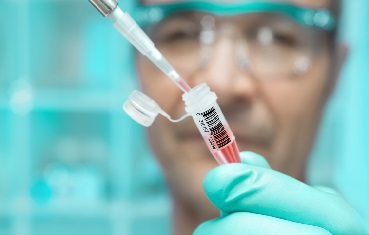
Anatomical pathology diagnoses diseases through tissue examination and laboratory analysis.

People benefiting include those with arthritis, spinal injuries, and neurological disorders.

Clinical chemistry focuses on analyzing bodily fluids for diagnostic purposes.

The HbA1c test, measuring long-term blood sugar control, should be done annually for all people with diabetes, except those under 12.

An annual health checkup is a yearly visit to assess overall health.

Health Check at Shreeram Pathology reflects our commitment to preventative care.

Dr. Sharada K Tiwari, the esteemed founder and Medical Director of Shriram Pathology Laboratories, established the center in 1998 alongside her siblings—Dr. Hemant B. Naragude, Dr. Praveen B. Naragude, and Dr. Sushma Kaname. Shriram Pathology Laboratories was a pioneer in laboratory computerization and automation during an era when such technologies were largely confined to large hospitals. Over the years, the laboratory has embraced cutting-edge advancements, now featuring state-of-the-art instrumentation networked via a central LAN system. Patients enjoy the convenience of accessing and saving their test results online.




Hematology is the science or study of blood, blood-forming organs and blood diseases.
In the medical field, hematology includes the treatment of blood disorders and malignancies, including types of hemophilia, leukemia, lymphoma and sickle-cell anemia.
After collecting blood in different tubes with or without anticoagulant (eg. the blood count requires EDTA anticoagulant, whereas most biochemical analysis need blood coagulation to obtain serum on which most analyses are conducted), blood/serum is analysed in different machines depending on the group of analyses.
Clinical pathology covers a wide range of laboratory functions and is concerned with the diagnosis, treatment, and prevention of disease. Clinical pathologists are healthcare providers with special training who often direct all of the special divisions of the lab. This may include the blood bank, clinical chemistry and biology, toxicology, hematology, immunology and serology, and microbiology. Clinical pathology also involves maintenance of information systems, research, and quality control.
Serologic tests are blood tests that look for antibodies in your blood. They can involve a number of laboratory techniques. Different types of serologic tests can diagnose various disease conditions. Serologic tests have one thing in common. They all focus on proteins made by your immune system. This vital body system helps keep you healthy by destroying foreign invaders that can make you ill. The process for having the test is the same regardless of which technique the laboratory uses during serologic testing.
Specialized Immunoassays includes following test.
The basic enzyme-linked immunosorbent assay (ELISA), or enzyme immunoassay (EIA), is distinguished from other antibody-based assays because separation of specific and non-specific interactions occurs via serial binding to a solid surface, usually a polystyrene multiwell plate, and because quantitative results can be achieved.


B.A.M.S.
DIRECTOR- HRD

M.B.B.S.,
D. Ortho.
DIRECTOR & CEO

M.V.Sc.
(Pathology)
DIRECTOR-
Instrumentation